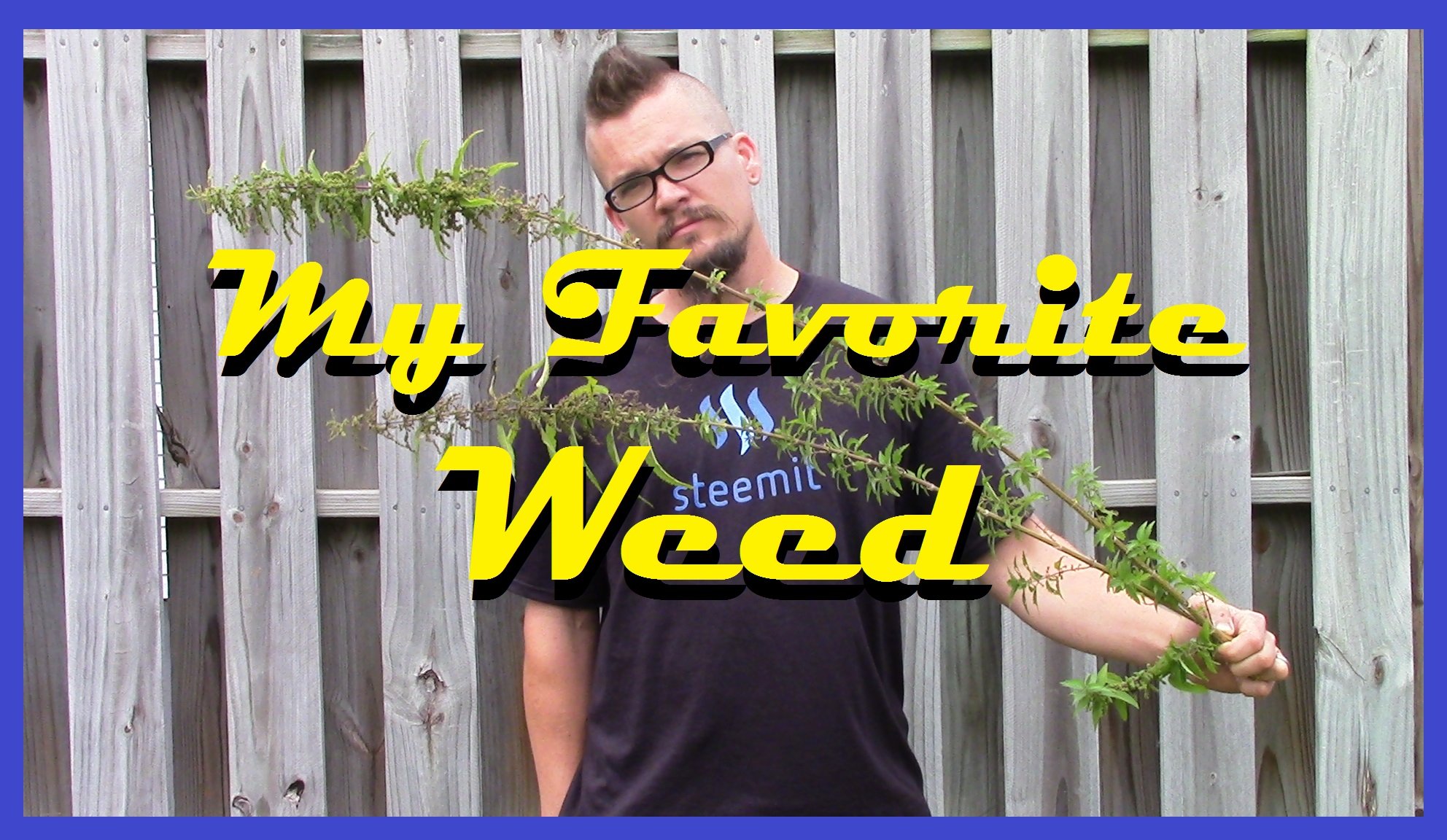
Some love it, and yet most hate it. Though I often encountered it while I was growing up, it never interested me much. In fact, I found it to be rather annoying. Often, my summertime attire was nothing more than a pair of shorts, so having irritated itching legs from cutting through some Stinging Nettle was an all too frequent experience. Though we may not have started off on the right foot Urtica dioica has now become a dear friend of mine.
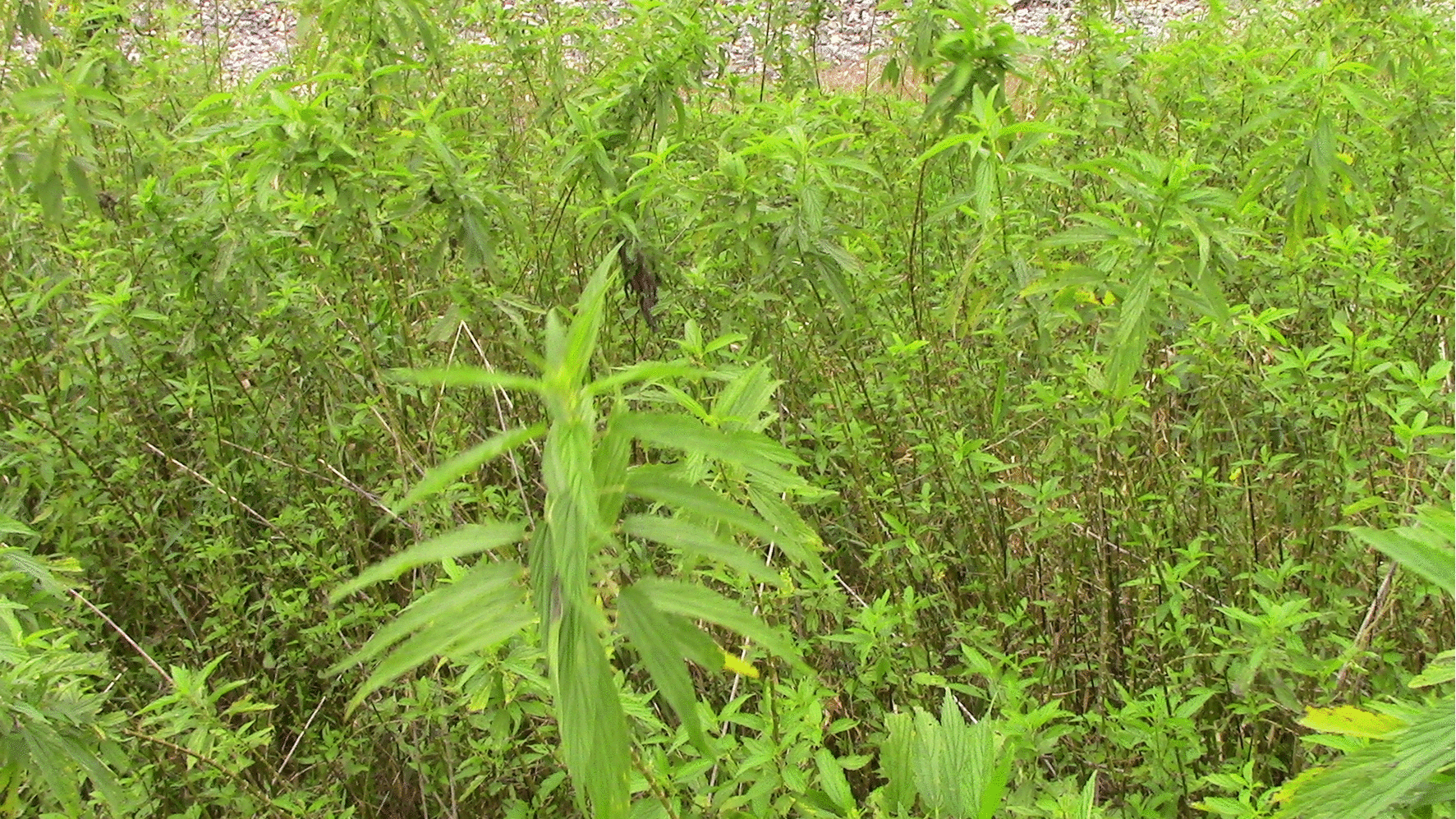
Now, I love to see it, and can't wait to encounter it. I hear it is plentiful in parts of Arkansas, but I've never been able to locate a patch of it. When we ventured up to Wisconsin last week though, I was seeing it everywhere. Basically, once we hit HWY 39/51, my eyes kept glancing into the ditches as patch after patch of dancing stalks passed by.
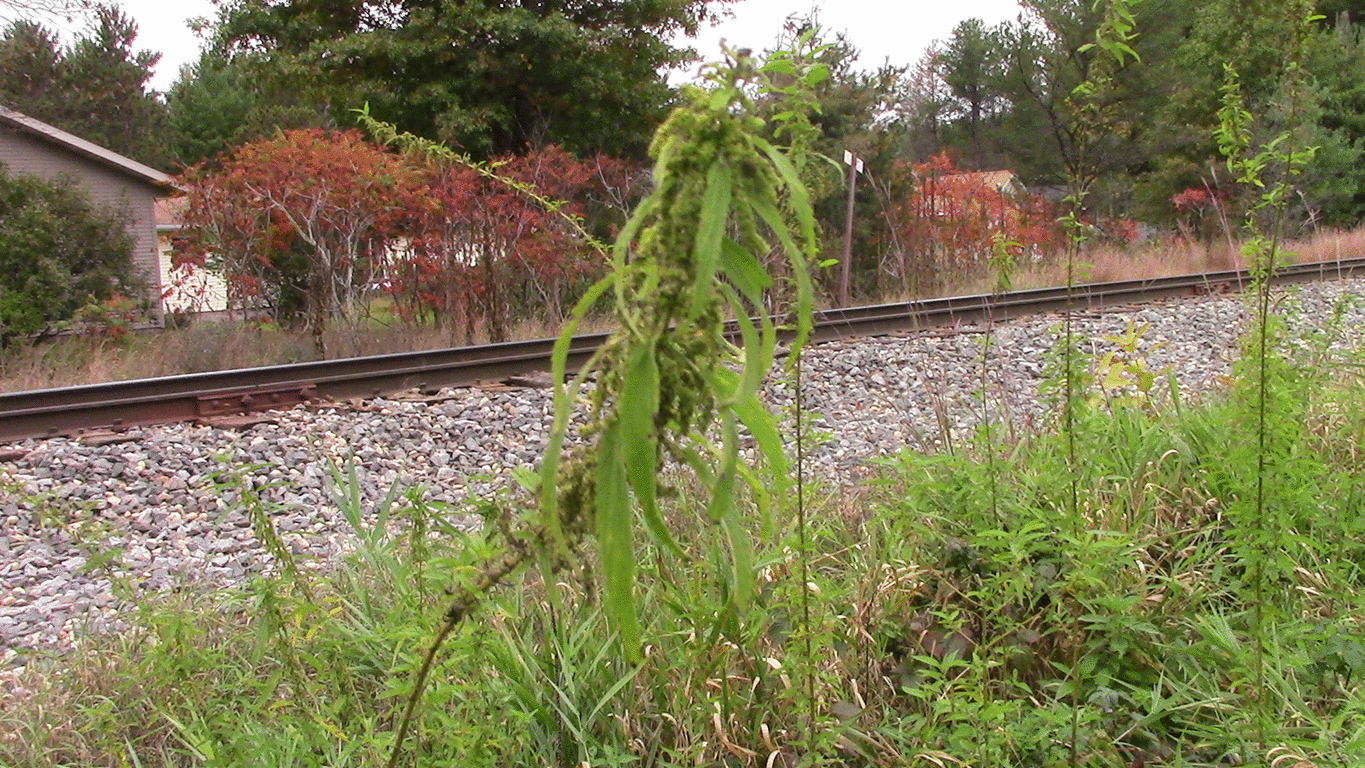
For some, like my wife, it would be difficult to accurately identify a cluster of Stinging Nettle plants 100 feet away on the other side of the highway when you're travelling 70 mph, but, it comes naturally to me. I know that I covered Stinging Nettle sometime ago in my THE EDIBLE OUTDOORS, but seeing so much of it lately here in Wisconsin made me decide to dedicate another post to this amazing plant.
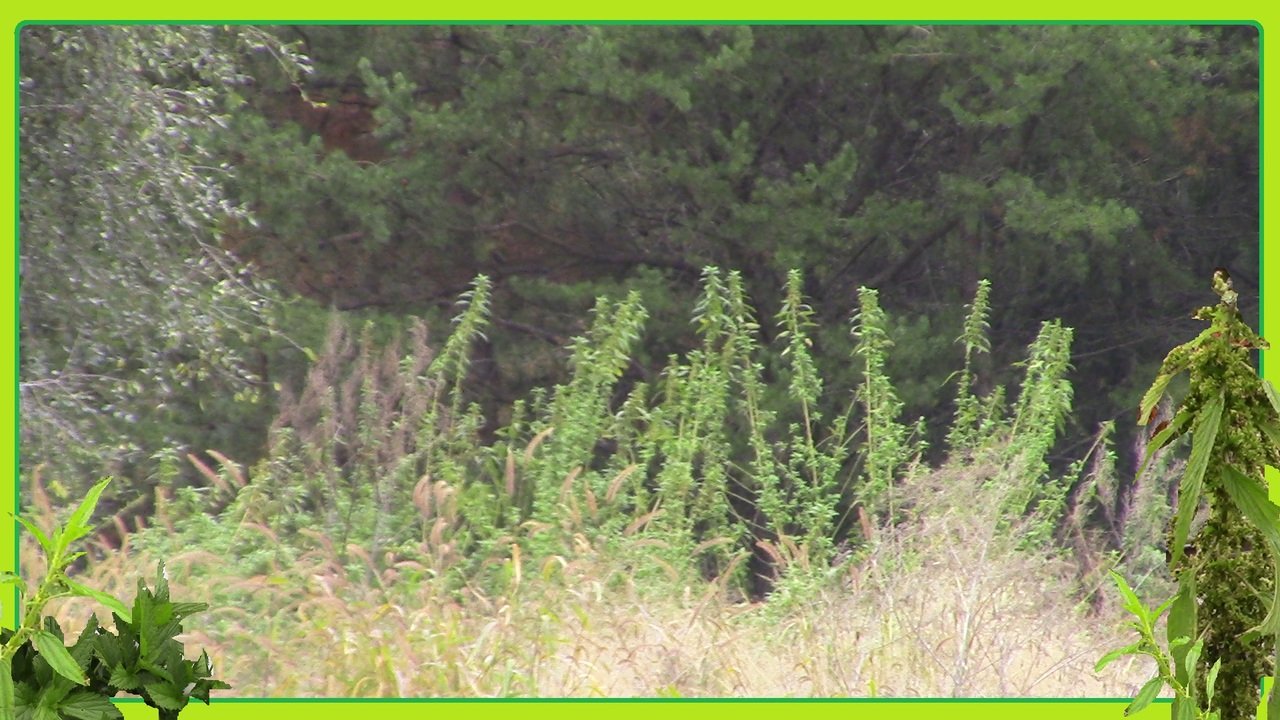
This picture was taken from the driveway of a local restaurant. This particular patch was about 300 feet away, across multiple lanes of traffic. Yet, there is was, as clear as day. Some more beautiful nettle! I've actually stopped to gather some from at least five different locations since I have been up here.
The first stop was a local campground with an amazing crop of Nettle growing in a field every year. I had gotten permission from them last year to pick as much as I wanted whenever I wanted. Unlike me, they have no use for it. I picked up @noganoo and took him out to show him the blessing.
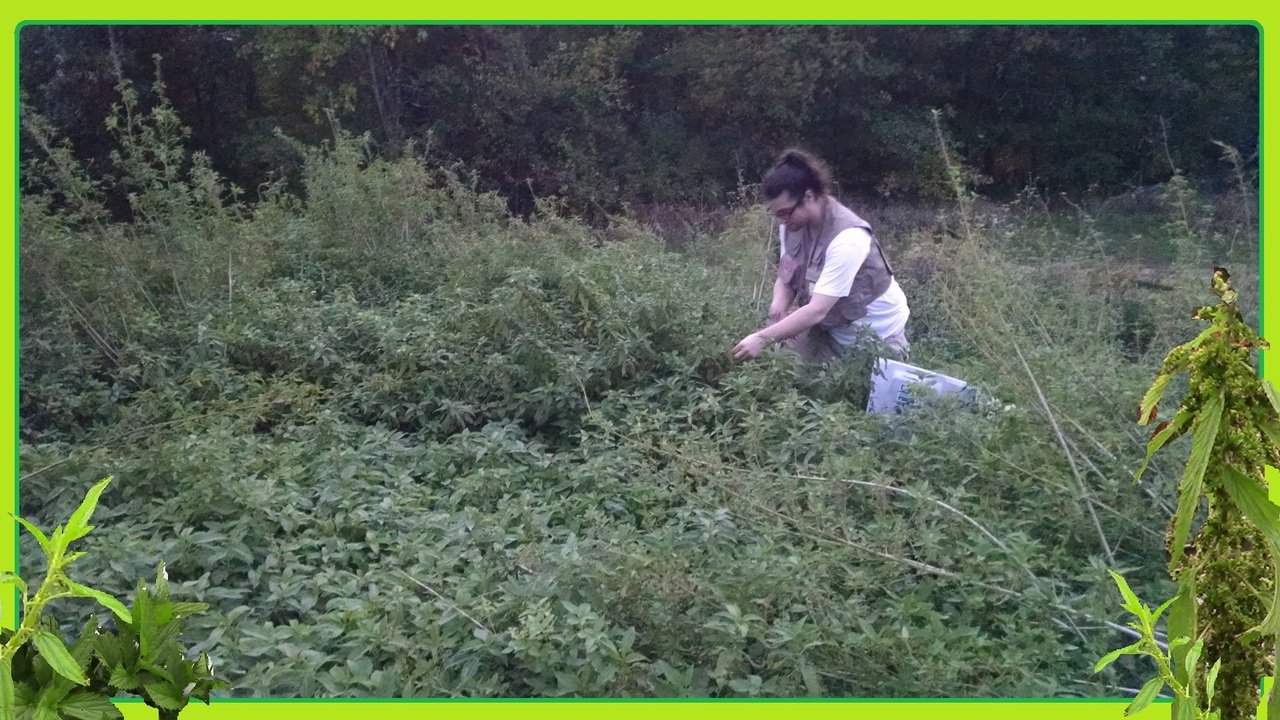
@noganoo in Stinging Nettle heaven, hard at work reaping a harvest!
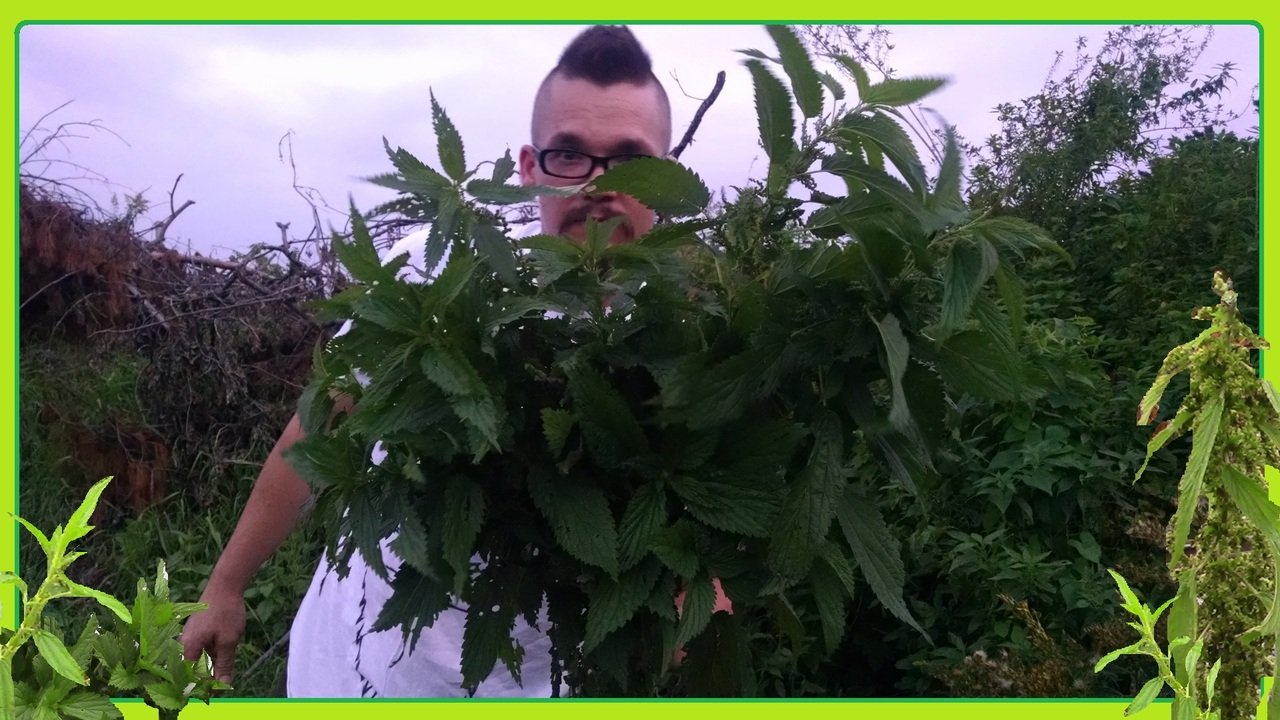
@papa-pepper gathering up giant handfuls of the fresh leaves.
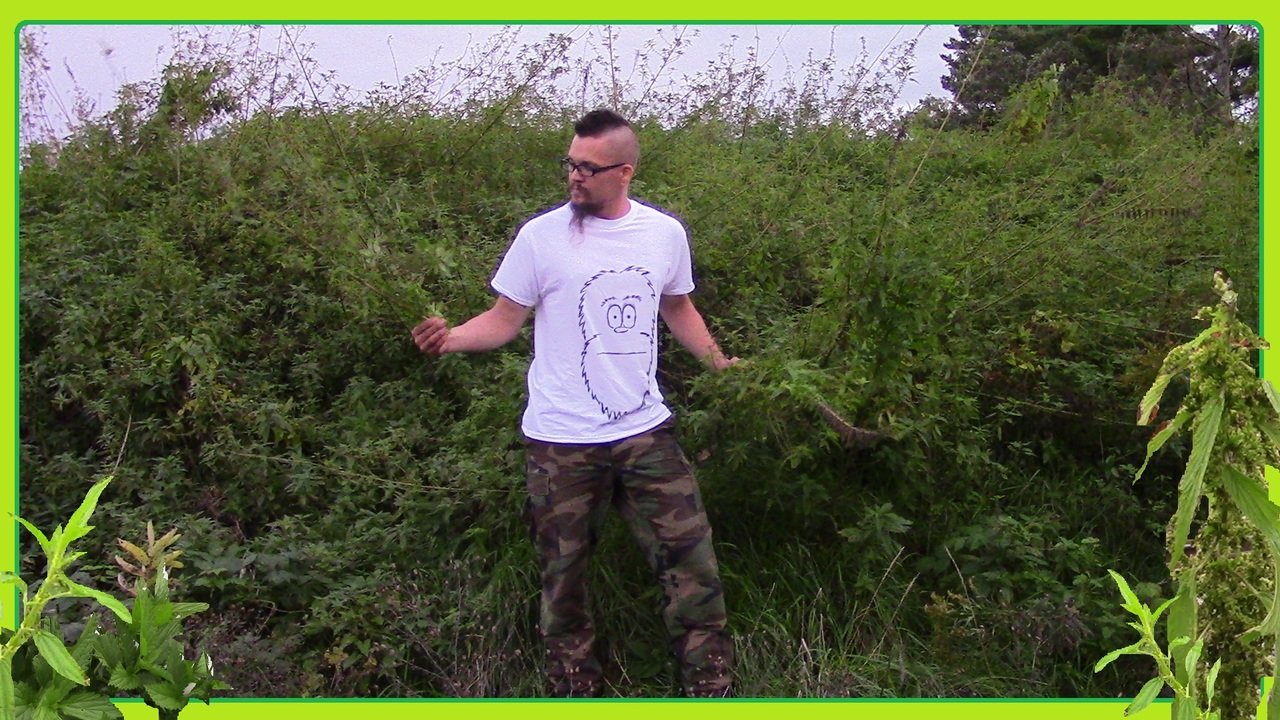
@papa-pepper surrounded by his favorite weed ever!
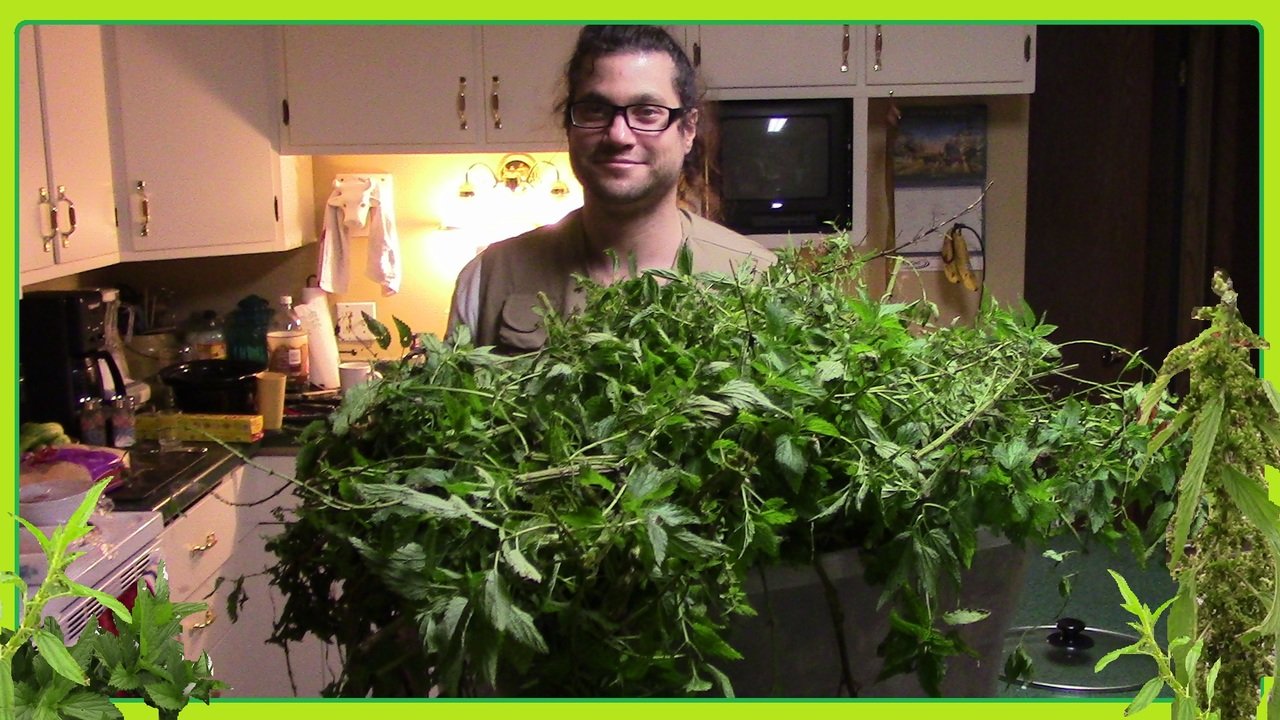
@noganoo back at home with an excellent harvest!
I had reaped quite a harvest as well. It is so nice to enjoy activities like this with others, as most people don't get @noganoo or @papa-pepper when it comes to things like this. Sometimes, my wife doesn't even understand what I'm up to, but she gives me the benefit of the doubt and let's me go with it, knowing and trusting that I am not wasting my time but that there must be some value in it. In fact, this time she even told me to make sure that I get some Stinging Nettle to bring back to Arkansas with us since the tea can help with her allergies. I quickly set out to dry my harvest to make transporting and storing it easier on us.
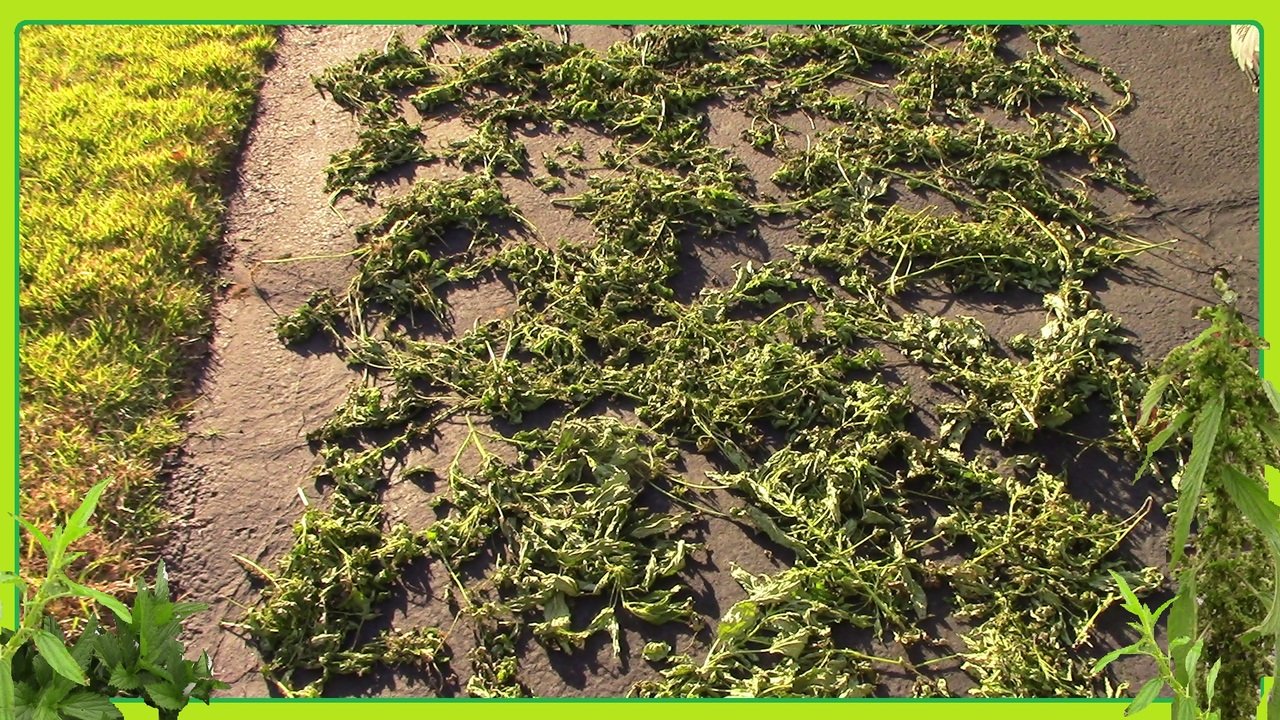
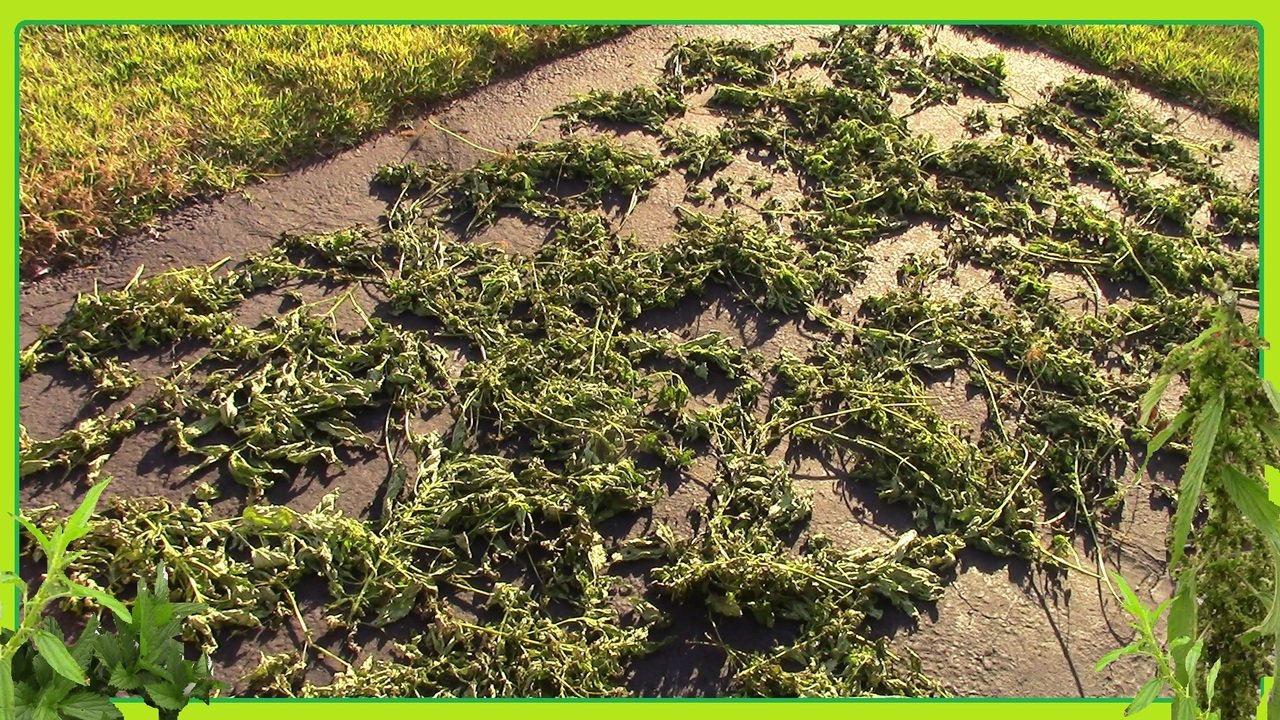
I started drying some on the driveway at my parents house.
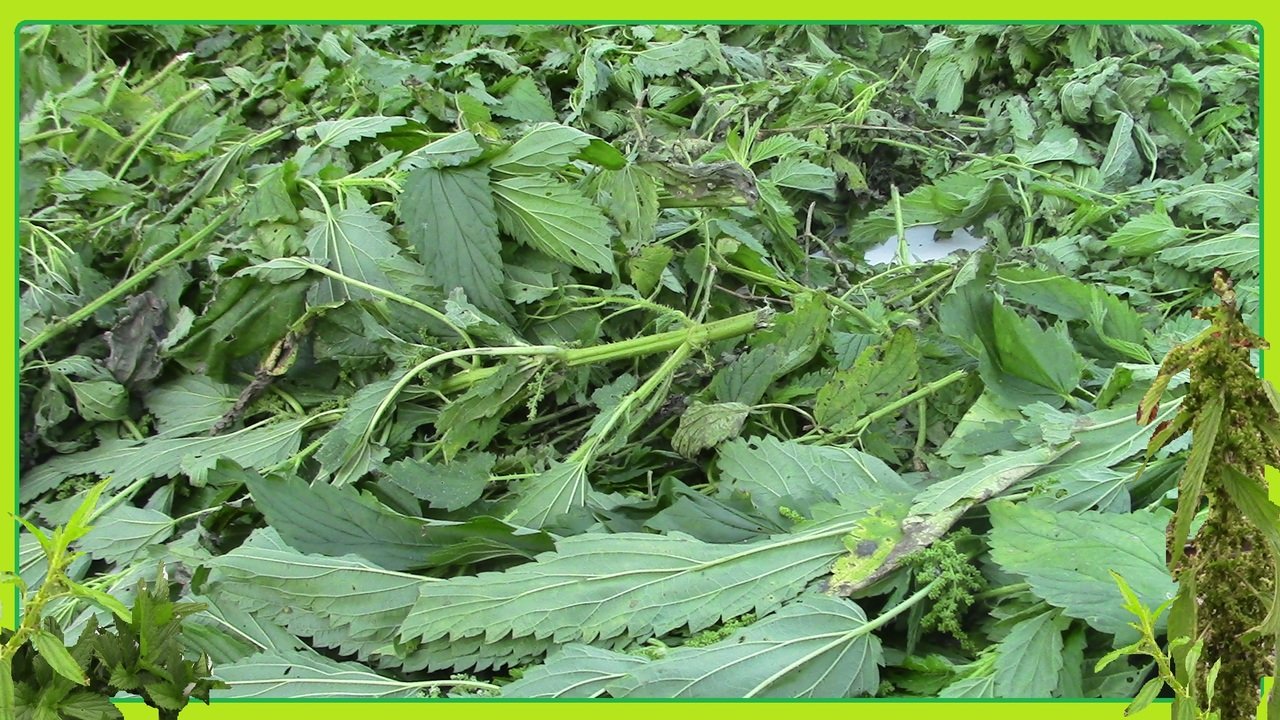
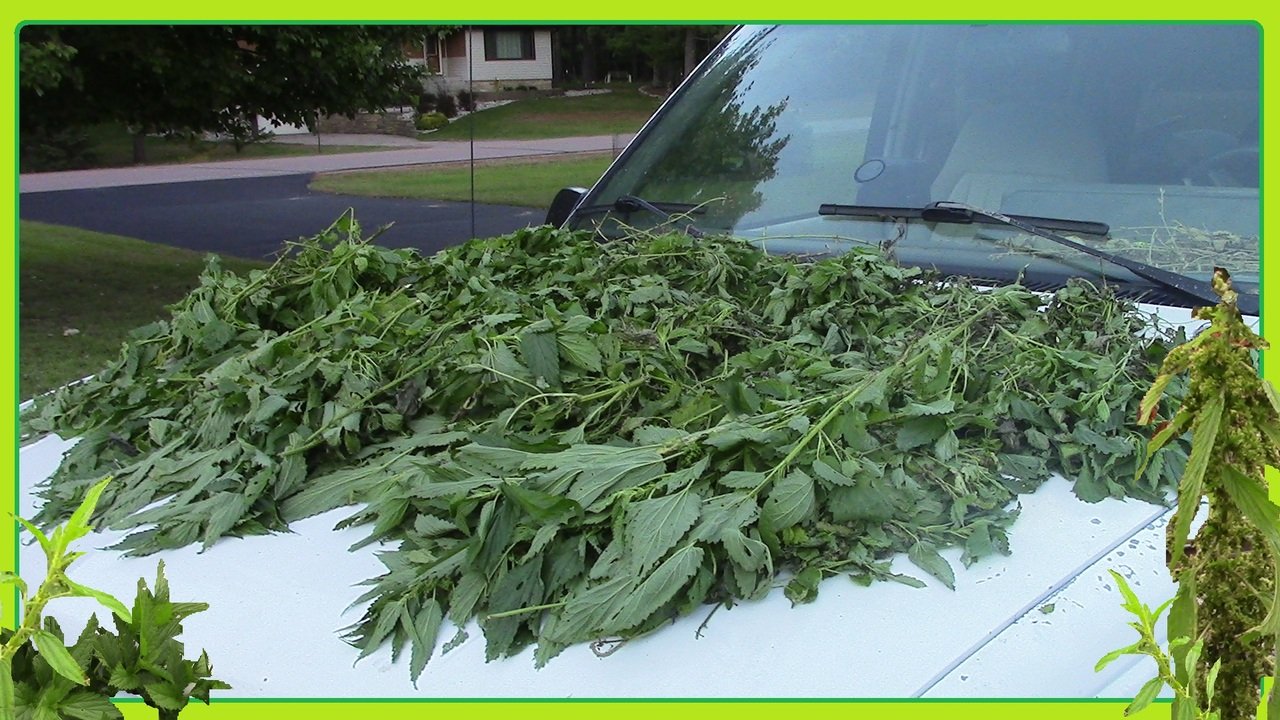
Some I even began to dry on the hood of our truck.
USE 1 : FOOD

Although it is not so common, Stinging Nettle is an excellent food option. It is a great source of Vitamin K, Calcium, Manganese and Vitamin A. Though it is easier to enjoy steemed or stir-fried, it can also be eaten raw.
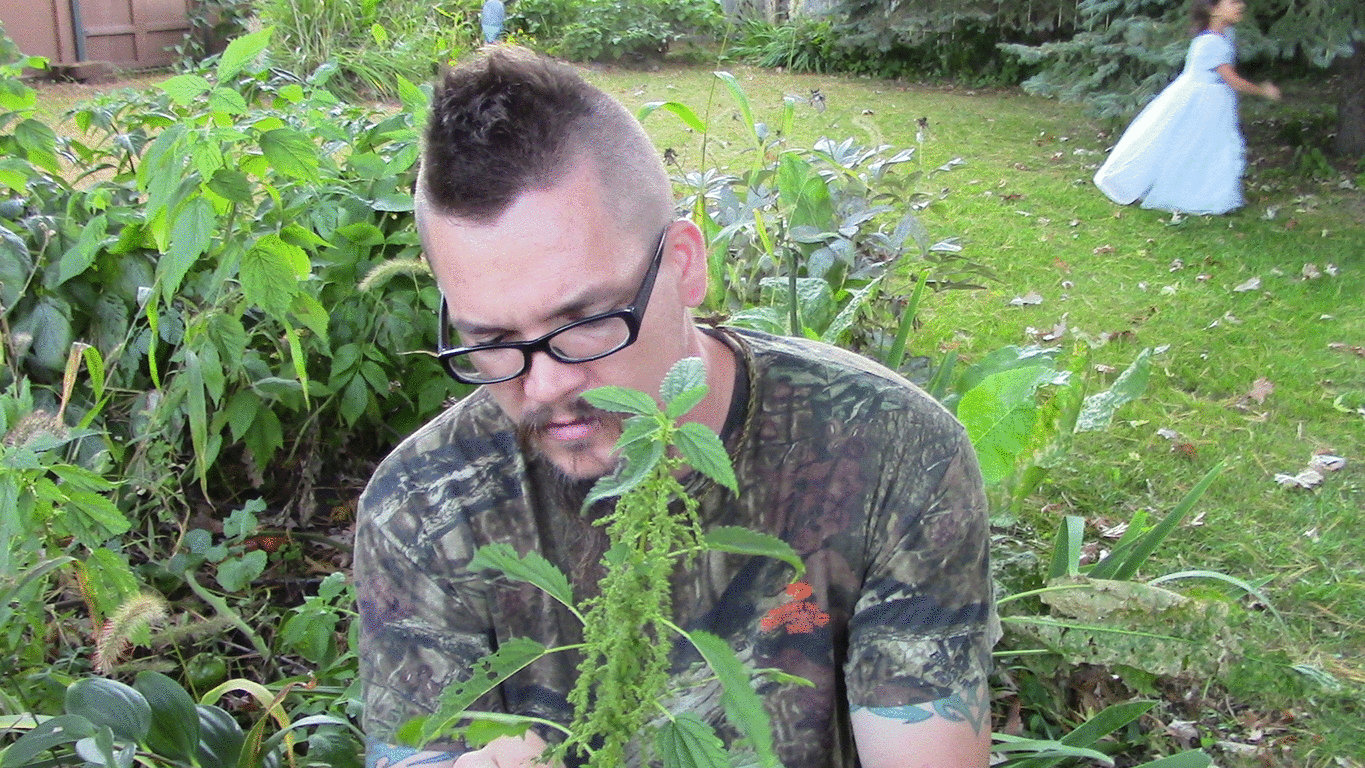
I like to carefully pick a leaf off, and then roll it inbetween my fingers so that the juices saturate the leaf and deactivate the tiny stingers. Once this has been done, the plant can be enjoyed without fear of getting "stung" in the lips or tongue.
I've made some great dishes and even a smoothie with Stinging Nettle in them already, and I will continue to explore the culinary uses of this wonderful plant.
USE 2 : DRINK

Technically, steeping the leaves in almost boiling water is the best method for making tea from Stinging Nettle. However, because of the flavor, I prefer to use this method, which may reduce many of the health benefits,
FILL POT HALFWAY WITH WATER
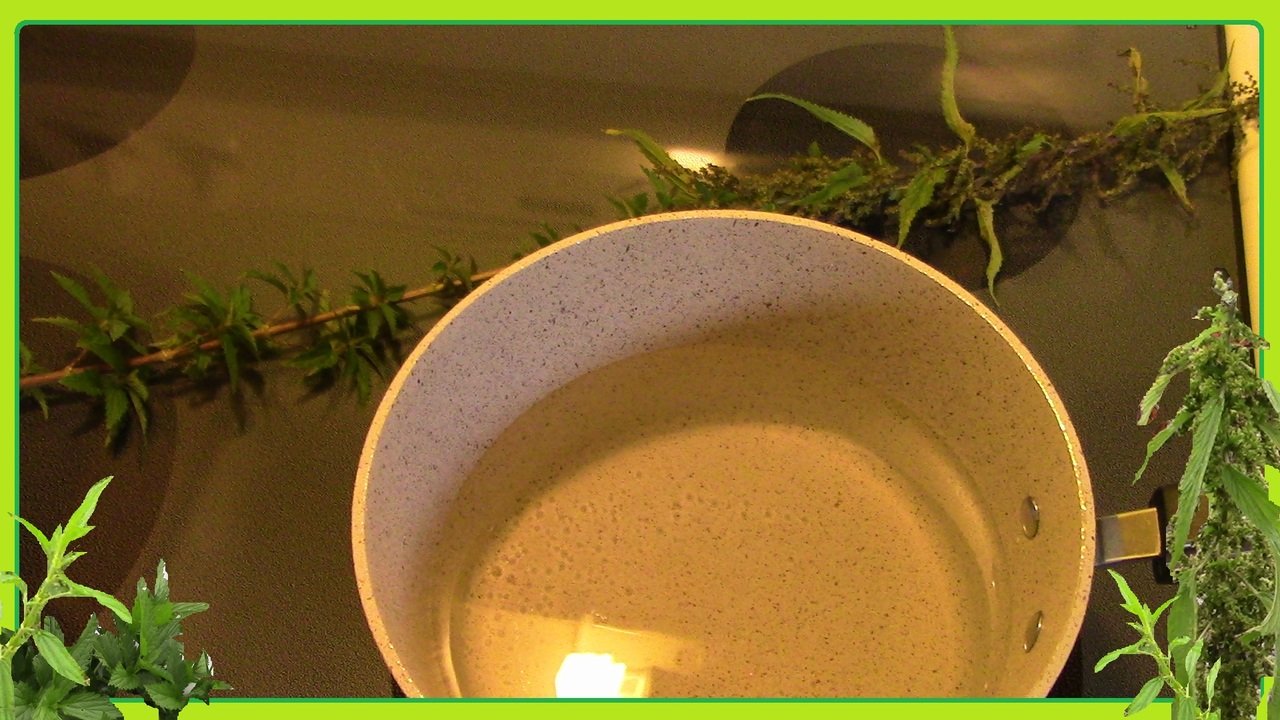
ADD SMALLER SECTIONS OF NETTLE PLANT
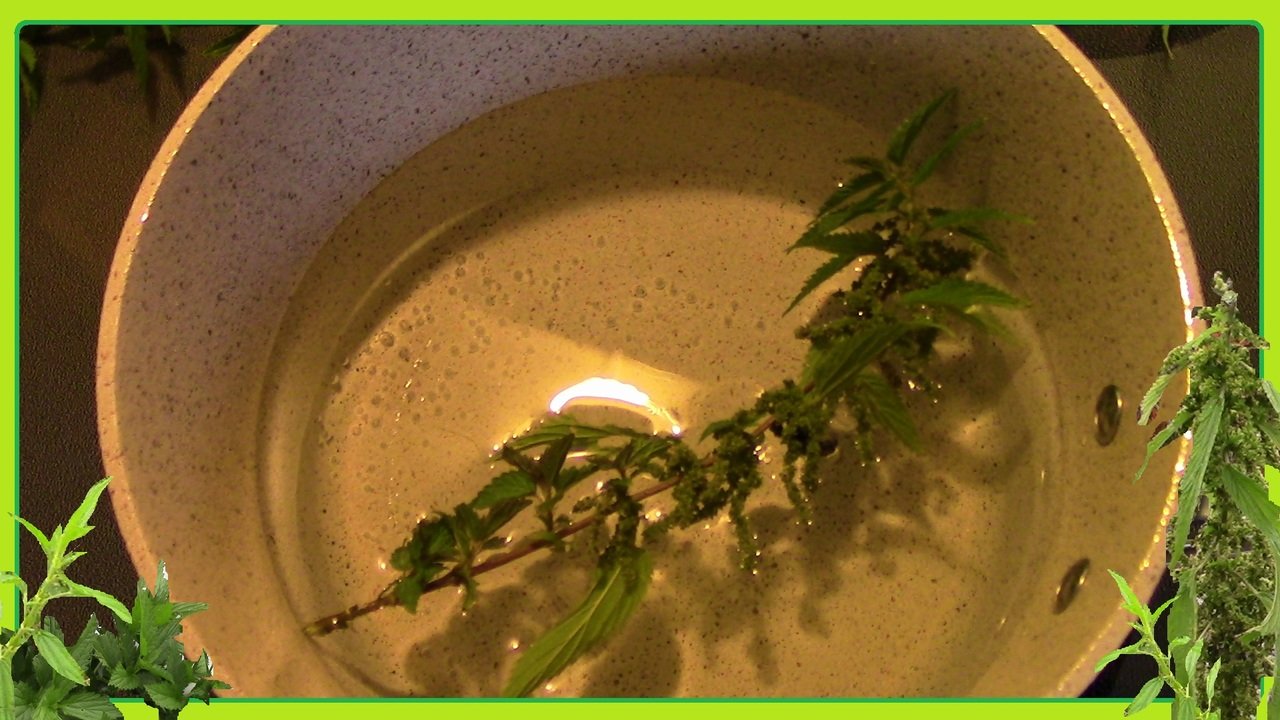
STRIP LEAVES OFF LARGER SECTIONS
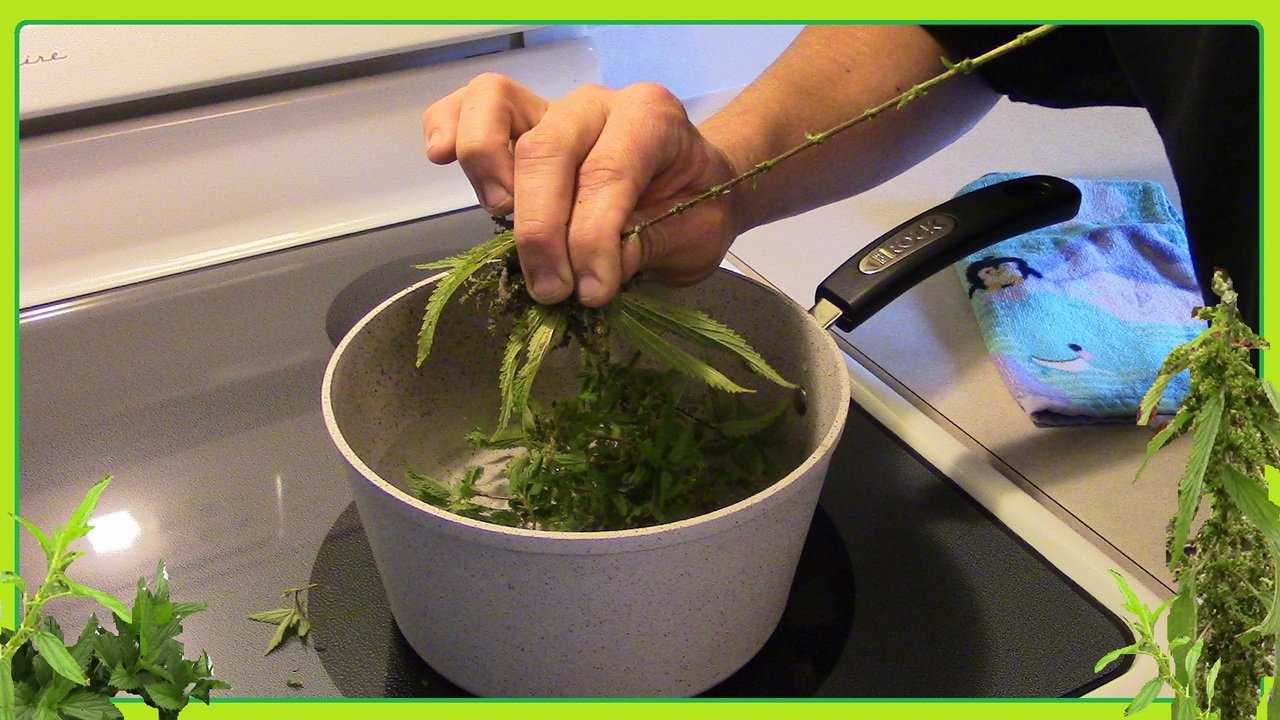
KEEP ADDING LEAVES UNTIL SUFFIENT QUANTITY HAS BEEN REACHED
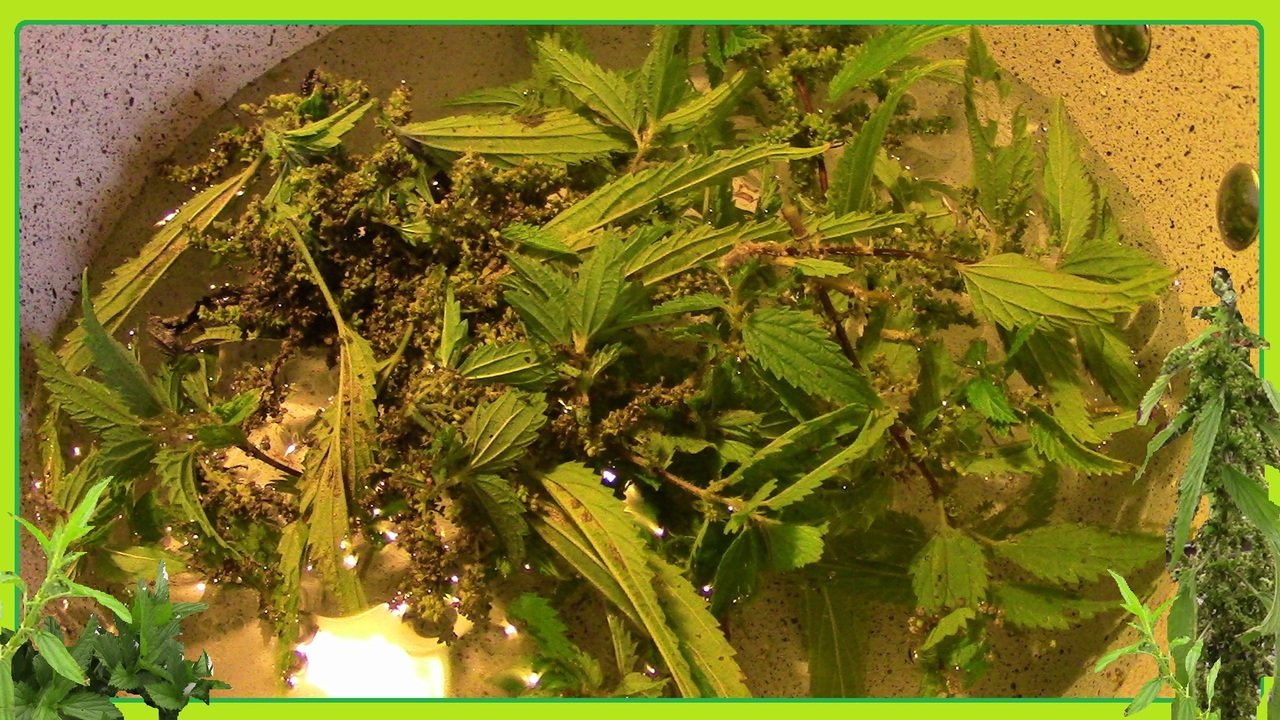
BRING WATER TO A BOIL FOR 10 MINUTES
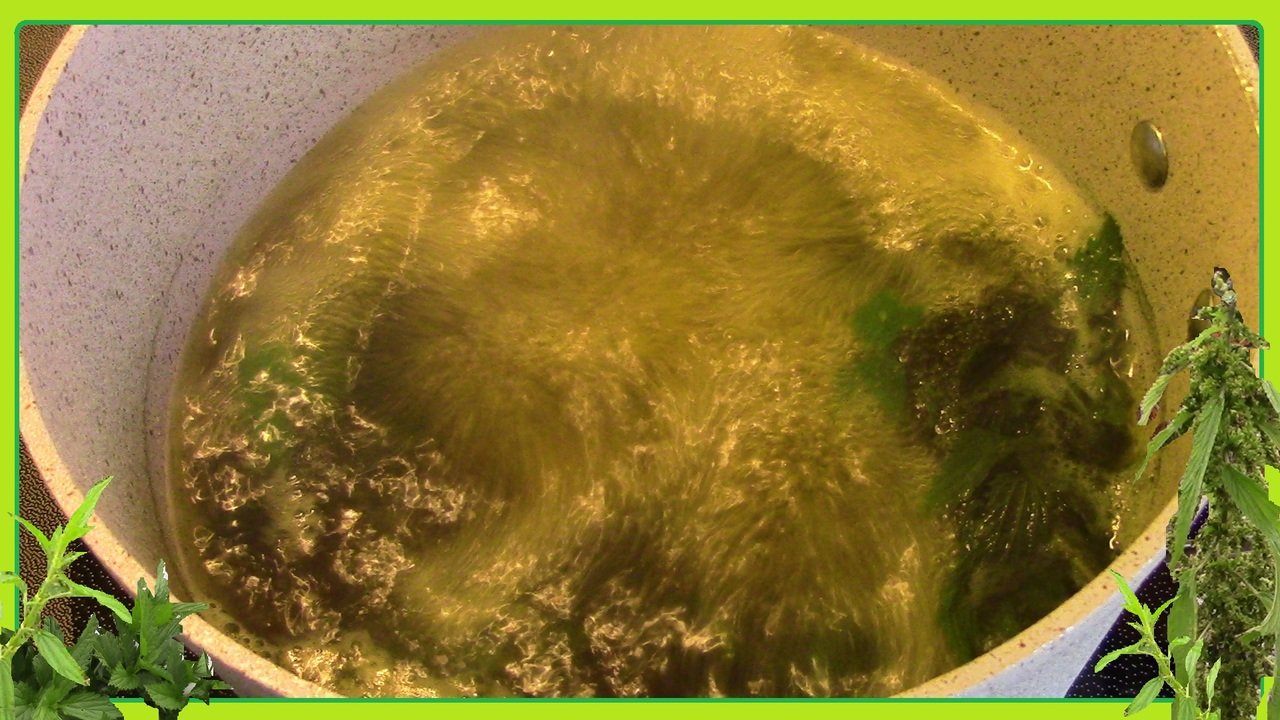
LET COOL SLIGHTLY, POUR INTO GLASS AND ENJOY

Here are just some of the health benefits of Stinging Nettle tea:
- Reduce Hypertension
- Fights common cold
- Reduces Inflammation
- Relieves Asthma
- Kills parasites
- Break down Kidney stones
- Stops bleeding
- Relieves Arthritis
- Helps the Kidneys
- Boosts Immune System
USE 3 - PLANT FERTILIZER

Because of the high amount of nutrients in the Stinging Nettle plant, an impressive liquid fertilizer can be made from it. The technique is so simple, I'm almost done explaining it. Basically, all you need to do is to fill a bucket with Stinging Nettles and then add water. It helps if you beat the nettle material a bit first and if you wait a few days before using it, but that's it!

Here I am at the garden of @noganoo, checking out some nettle that he grew from seeds I gave him last year. We discussed a lot of the benefits and uses of this incredible plant during our time together, and I gave him a demonstration of eating it raw, making tea from it, and using it to make cordage.
USE 4 : SEEDS

The seeds can be a great way to grow your own, as you saw above with the plants in the garden of @noganoo. However, the seeds can be used for much more.
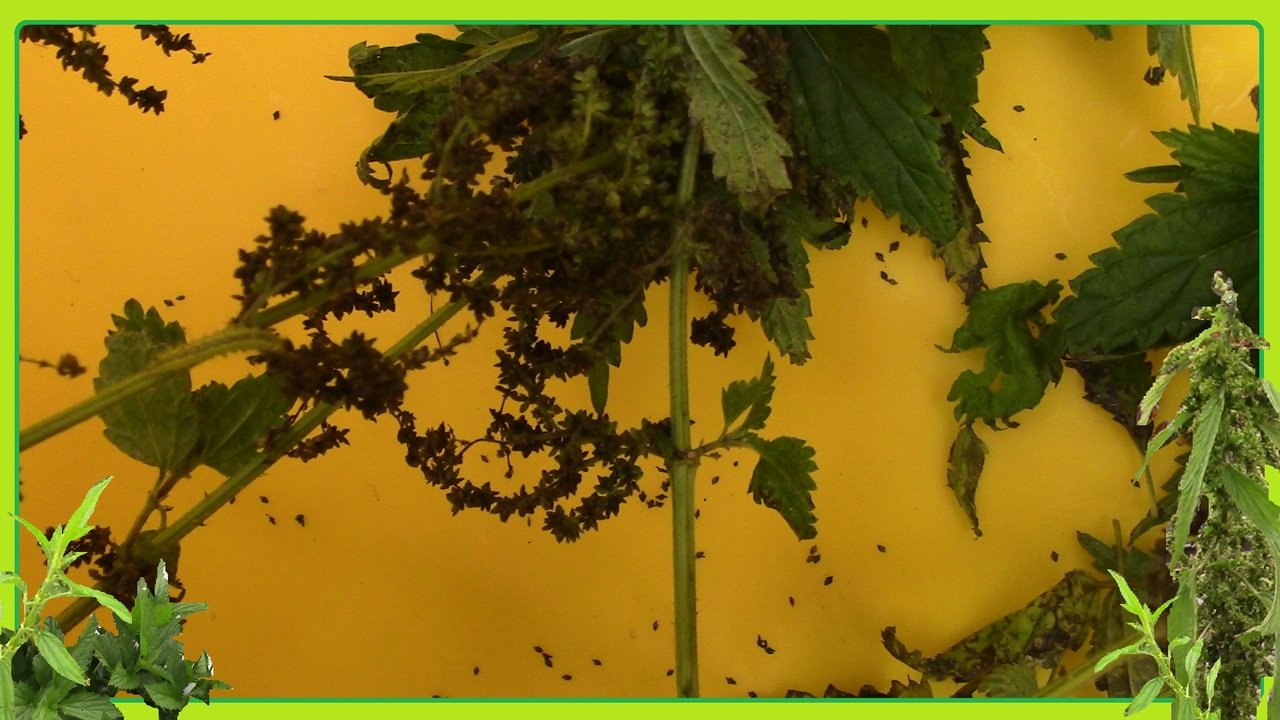
At the end of the season, these perrenials go to seed and produce a large quantity of tiny seeds near the top of each stalk.
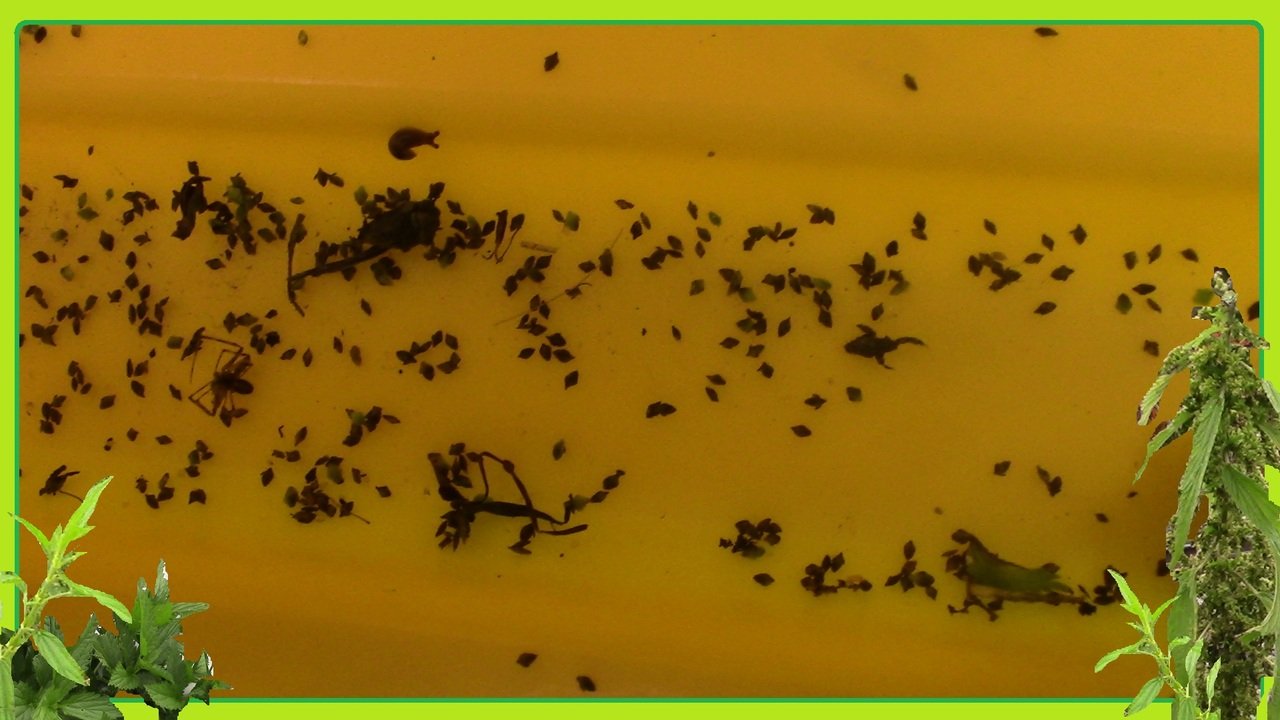
These tiny seeds help the plant spread out and keep the species alive, but they can also be used to help kidney function.
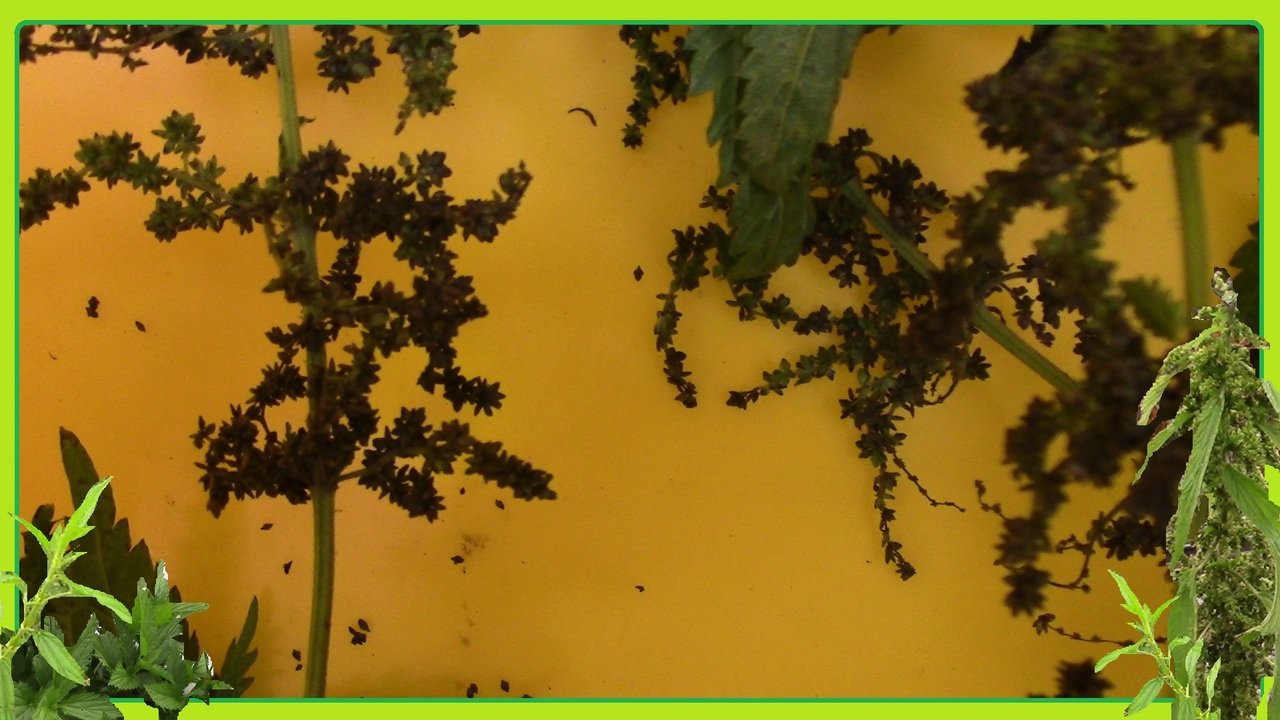
Much like the energy boost provided by nettle tea, eating the seeds can also have a stimulating effect. I remember some friends once using the tops of some nettle plants in a soup that they made for dinner, and everyone had a very hard time getting to bed that night, and stayed up late into the early morning hours.
USE 5 : RHIZOMES

The rhizomes or roots of the Stinging Nettle plant are another way that the plant spreads itself out. This is why older patches of Nettle can grow quite large. Each year, the parent plant will come back because it is a perennial, but it will also send out new shoots every year as well. Collecting and relocating the rhizomes is the easiest way to get your own patch of Stinging Nettles growing, just be careful because it is illegal in some places where Stinging Nettles are considered to be noxious or invasive.
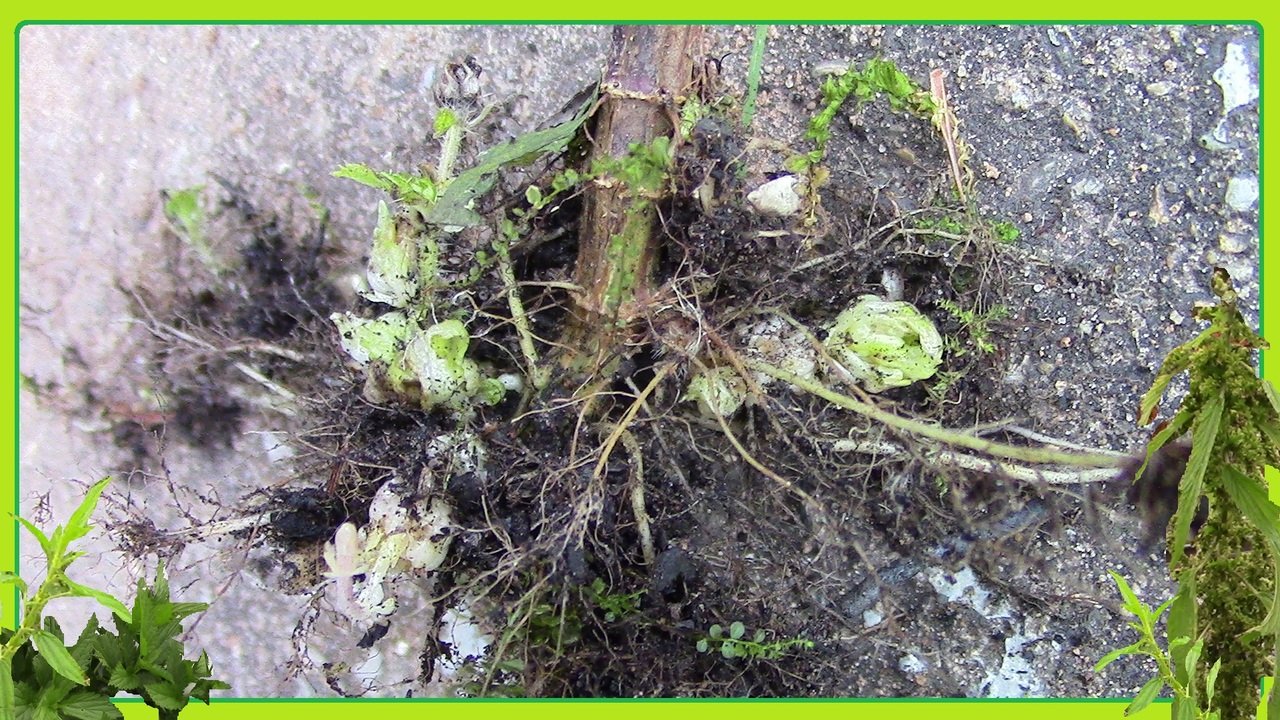
There are actually some people who grow this plant as a cash crop and sell the rhizomes, as well as other parts of the plant. For a long time, herbalists and traditional healers have been using the roots of the nettle plant to rid the body of excess water and to relieve joint pain.
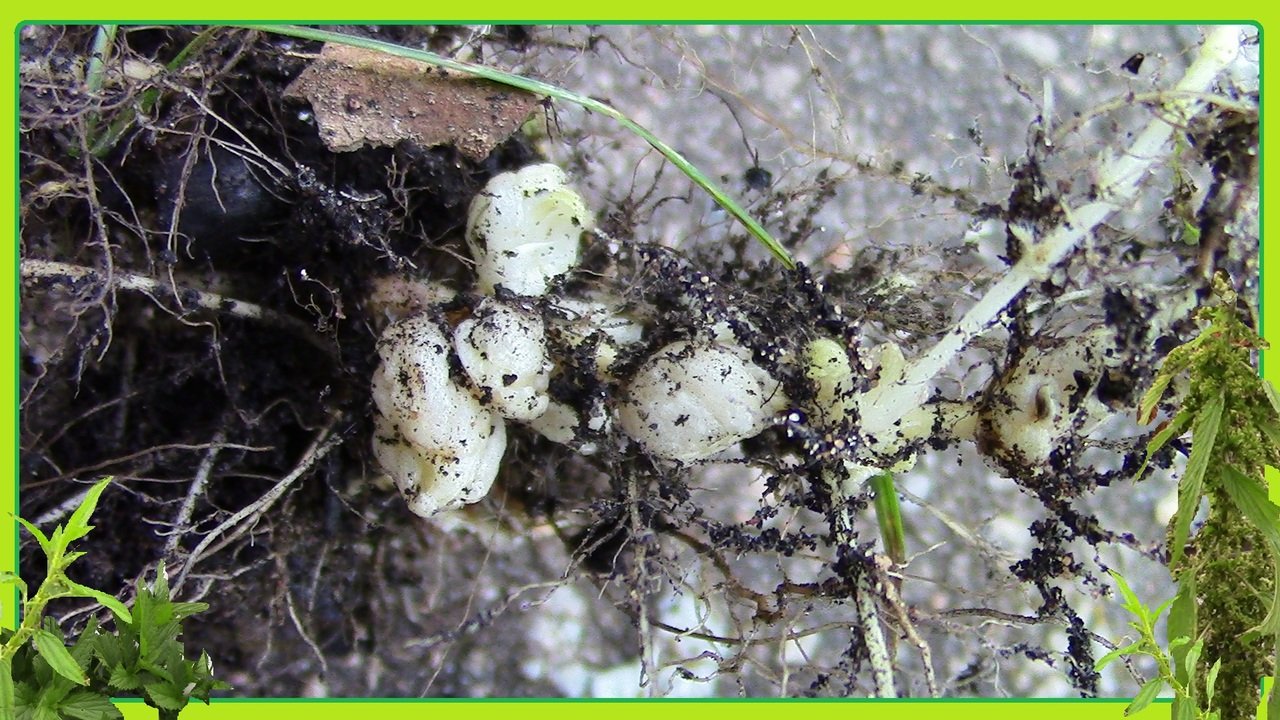
The most common use these days for the nettle root is to treat urinary tract infections and to ease the symptoms of an enlarged prostate.
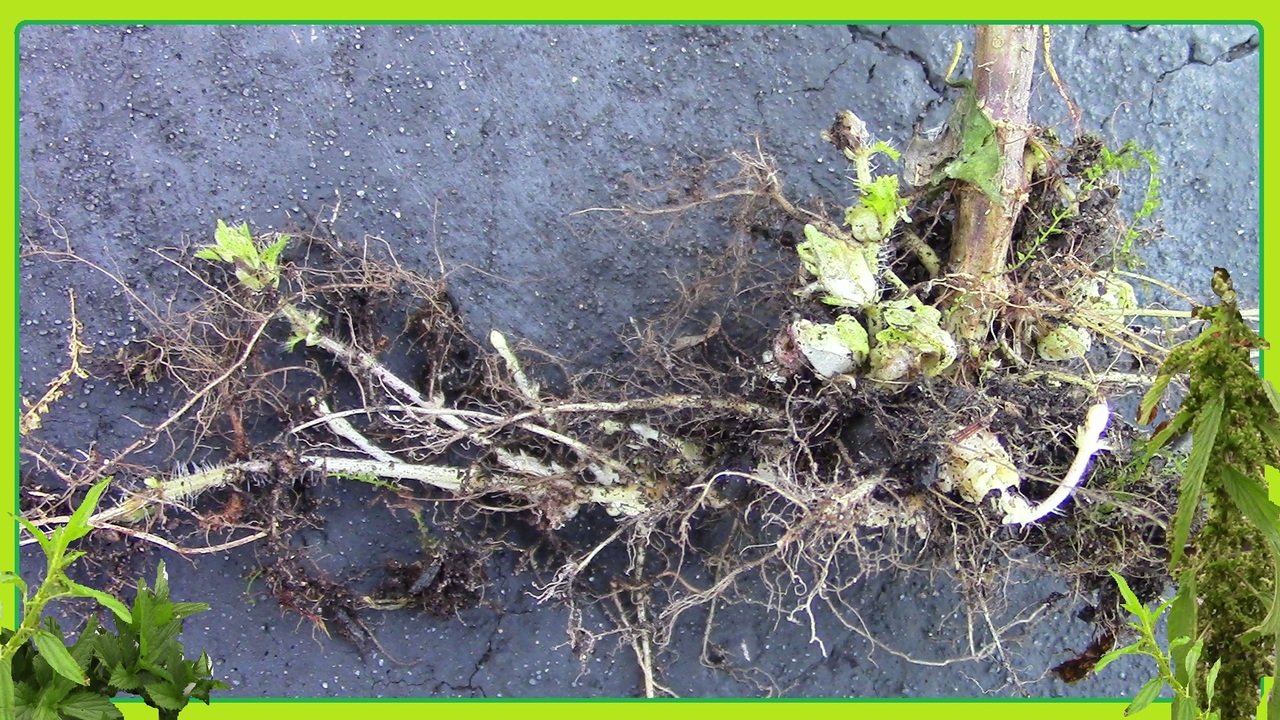
Like with many "natural" remedies, the research needed to make certain claims appears lacking. I choose to use various parts of this plant for various reasons at certain times, but I am in no way providing any direct medical or dietary advice.
USE 6 : ANIMAL FODDER
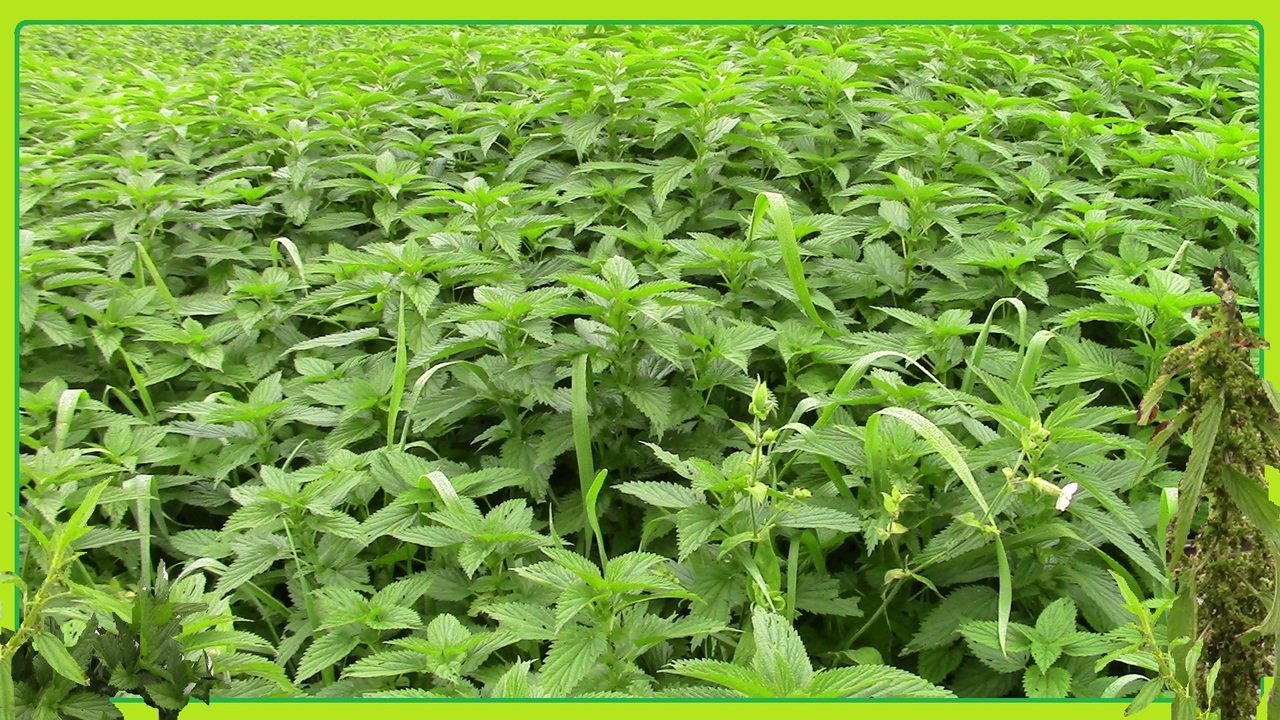
Many animals will eat many things, and just because an animal will eat something does not mean that it is the best thing for them to be eating. Because of the incredible nutritional value of Stinging Nettle, it is actually an excellent choice for fodder.
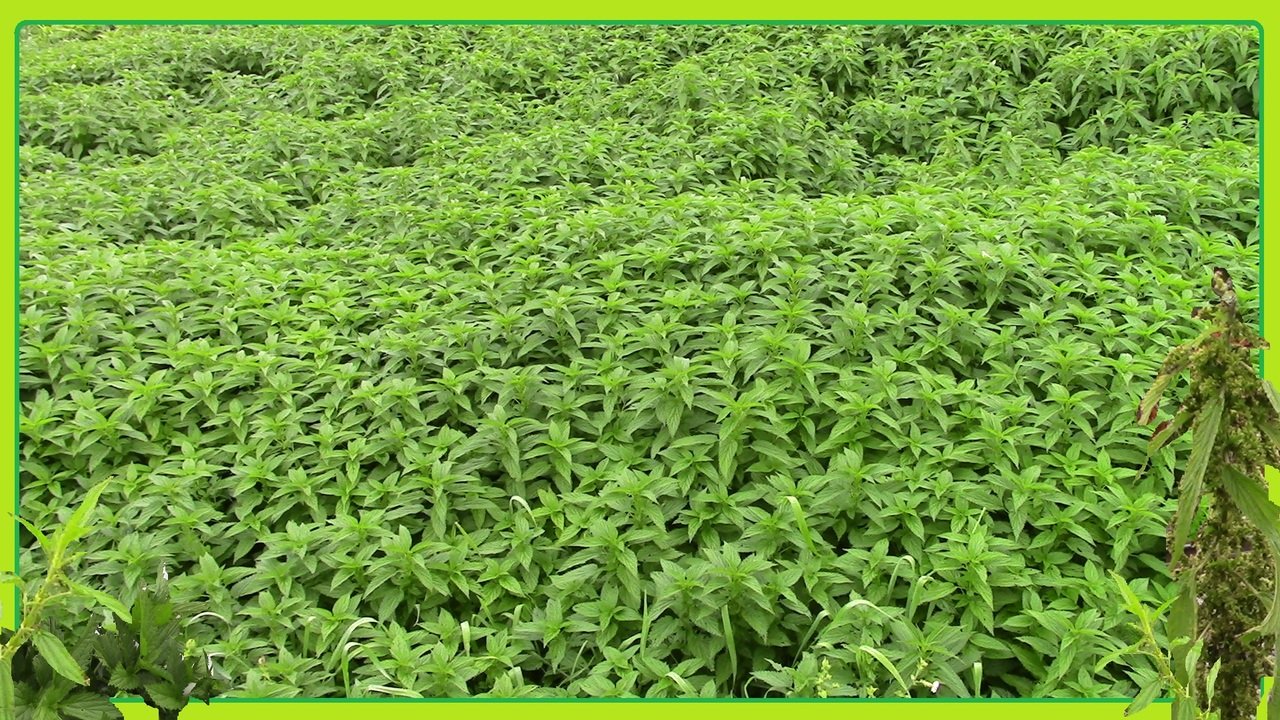
Though some animals like goats have no problem consuming raw nettles, other livestock may be more picky. However, if dried nettle is added into the hay, this plant seems more palatable to other animals.
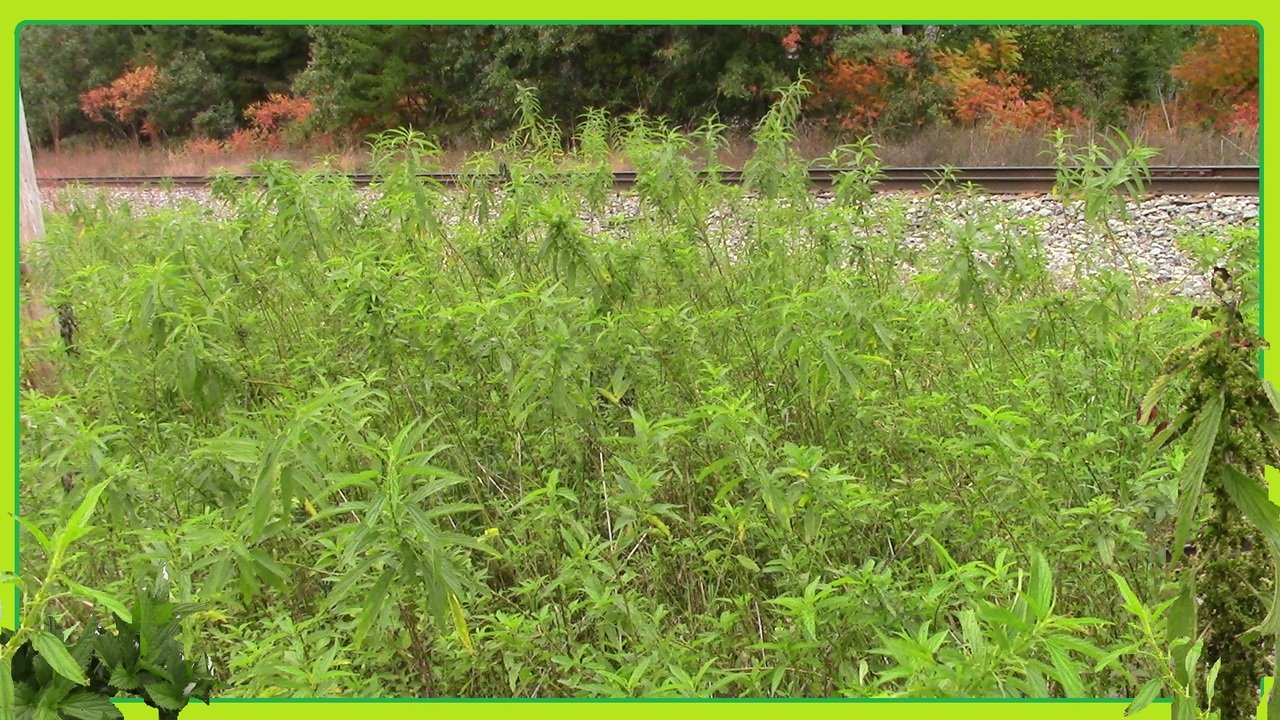
Many farmers have begun doing their own research on the benefits of using Stinging Nettle as a food supply for their farm animals. Personally, I think everyone on our farm will be familiar with this incredible plant.
USE 7 : LINEN AND CORDAGE
Stinging Nettle can also be used to make linen, clothing, and cordage. It has even been used as a cotton substitute. The process of harvesting the fibers and combing them to make them smooth and fine is a simple one, but for now, I'll just cover a rough version of how to make your own cordage, or rope, from the stalks of the nettle plant.
HOW TO MAKE CORDAGE WITH @papa-pepper
Here are a few of those close-ups I promised you in the video.


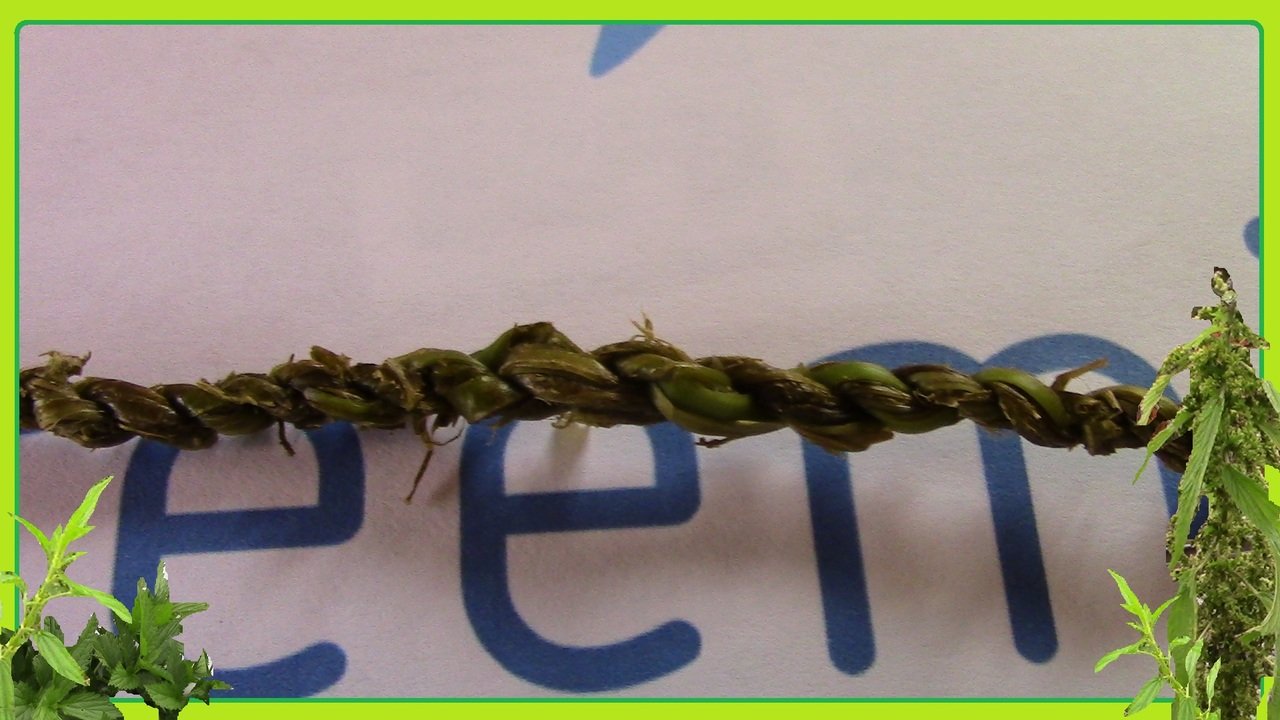

Not only is this cordage easy to make and incredibly useful, it's also extremely strong!
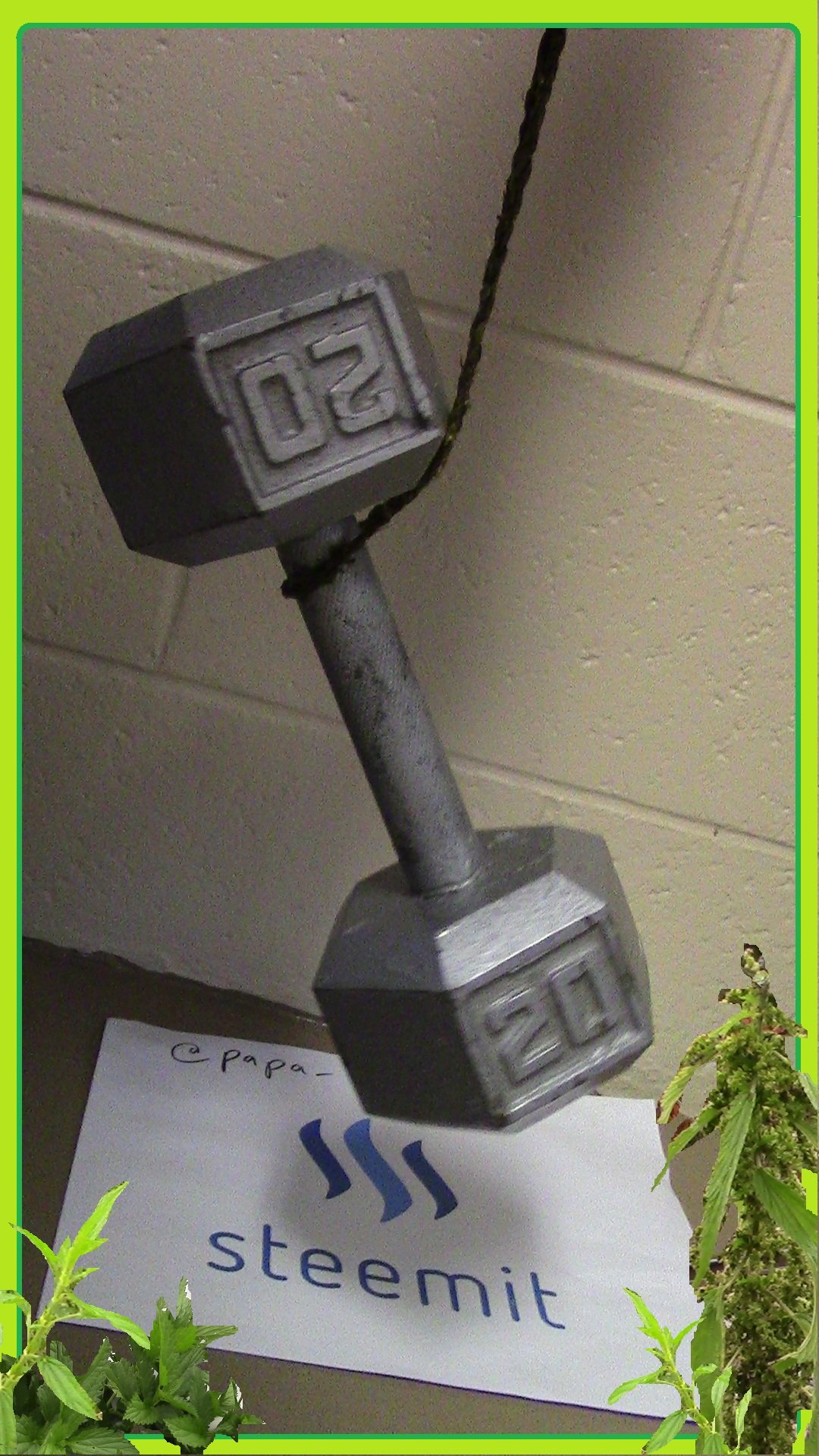
This "necklace" that I quickly made can obviously support at least 20 pounds.
If you haven't yet, check out that video quick. This skill is so easy to learn, and once you know how to do it, the practical know-how can be with you for a lifetime. The method can work with many kinds of fibrous plants, and I have even made cordage out of shredded Yucca leaves. Check it out and see what you think, and I hope that you enjoyed learning a little bit more about this amazing plant, Stinging Nettle, which just happens to also be my favorite weed.
As always, I'm @papa-pepper, and here's the proof:
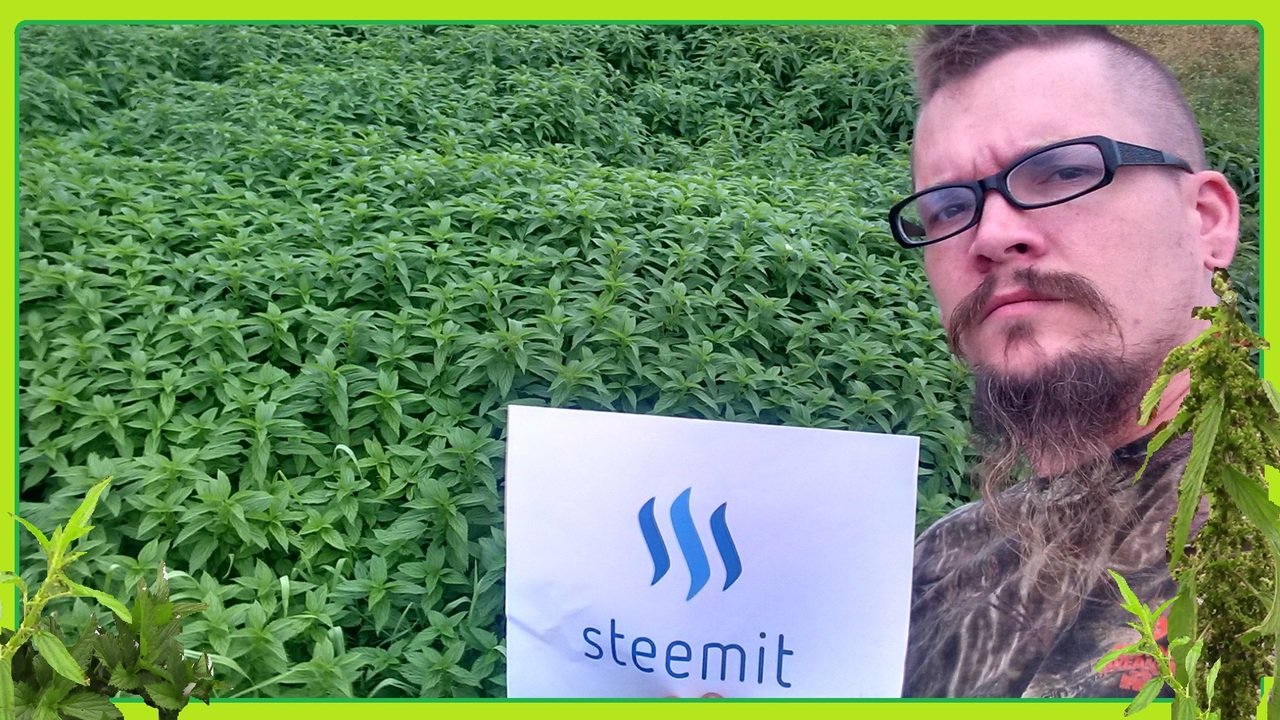
proof-of-my-favorite-weed
All photos taken by @papa-pepper, @noganoo, or one of my children.
All information that was not original has been linked above.
FOLLOW

Awesome Handcrafted @papa-pepper logo kindly donated by @vlad - Thank you!!

OPERATION TRANSLATION logo provided by @oecp85.
(click link above for more info on Operation Translation.)

